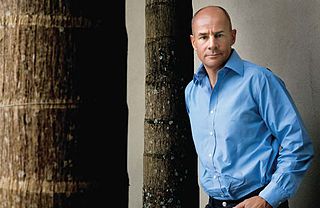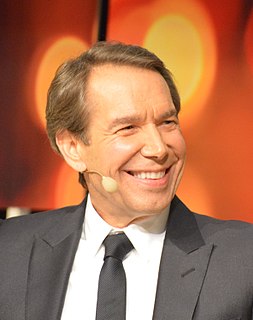A Quote by Helen Chenoweth-Hage
Don't let anything like trees in the Clearwater National Forest get in the way of providing jobs and fueling the economy, even if that means cutting down every last tree in the state.
Related Quotes
The value of the things is not in themselves autonomously, but that God made them, and thus they deserve to be treated with high respect. The tree in the field is to be treated with respect. It is not to be romanticized as the old lady romanticizes her cat (that is, she reads human reactions into it). This is wrong because it is not true. When you drive the axe into the tree when you need firewood, you are not cutting down a person; you are cutting down a tree. But while we should not romanticize the tree, we must realize God made it and it deserves respect because He made is as a tree.
Federal assistance helps millions of Americans escape poverty every year by providing the stability needed to take advantage of new opportunities. In fact, it is our safety net that allows full participation in the economy. More Americans purchasing goods means more Americans making them, which means more American jobs.
A little kid asks my dad why that man is chopping down the tree. Dad: He's not chopping it down. He's saving it. Those branches were long dead from disease. All plants are like that. By cutting off the damage you make it possible for the tree to grow again. You watch - by the end of summer, this tree will be the strongest on the block.
Lik the tree falling in the forest," says Ira. "Huh?" "You know, the old question - if a tree falls in a forest and no one's there to hear it, does it really make a sound?" Howie considers this. "Is it a pine forest, or oak?" "What's the difference?" "Oak is a much denser wood; it's more likely to be heard by someone on the freeway next to the forest where no one is.
Once upon a time there was a crooked tree and a straight tree. And they grew next to each other. And every day the straight tree would look at the crooked tree and he would say, "You're crooked. You've always been crooked and you'll continue to be crooked. But look at me! Look at me!" said the straight tree. He said, "I'm tall and I'm straight." And then one day the lumberjacks came into the forest and looked around, and the manager in charge said, "Cut all the straight trees." And that crooked tree is still there to this day, growing strong and growing strange.


































